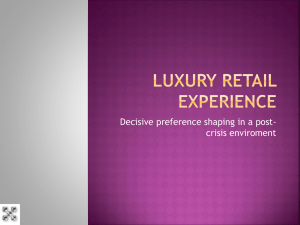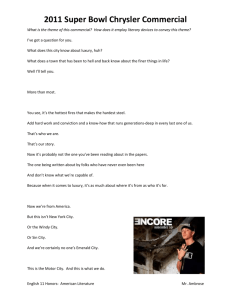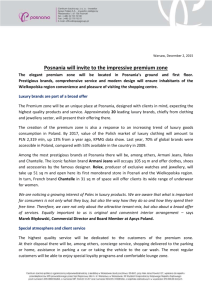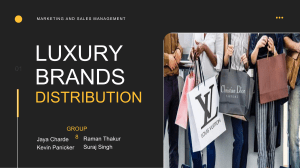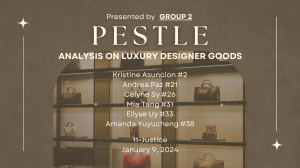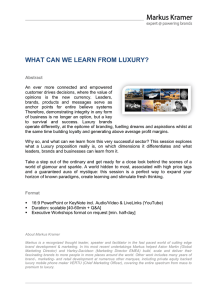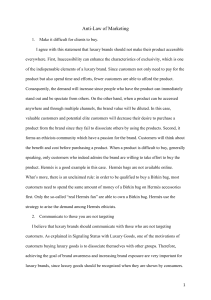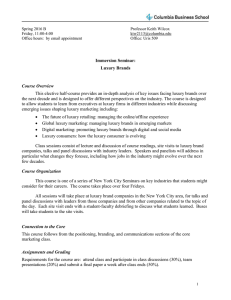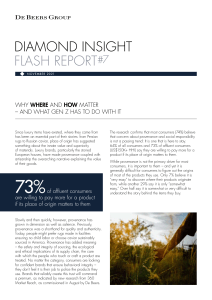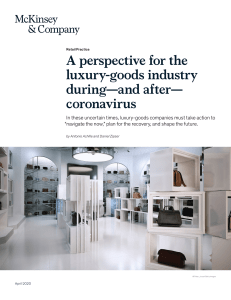Humans consume expensive luxury products in order to display wealth... Luxury products represent hierarchical markers and grant consumers with positional... “
advertisement
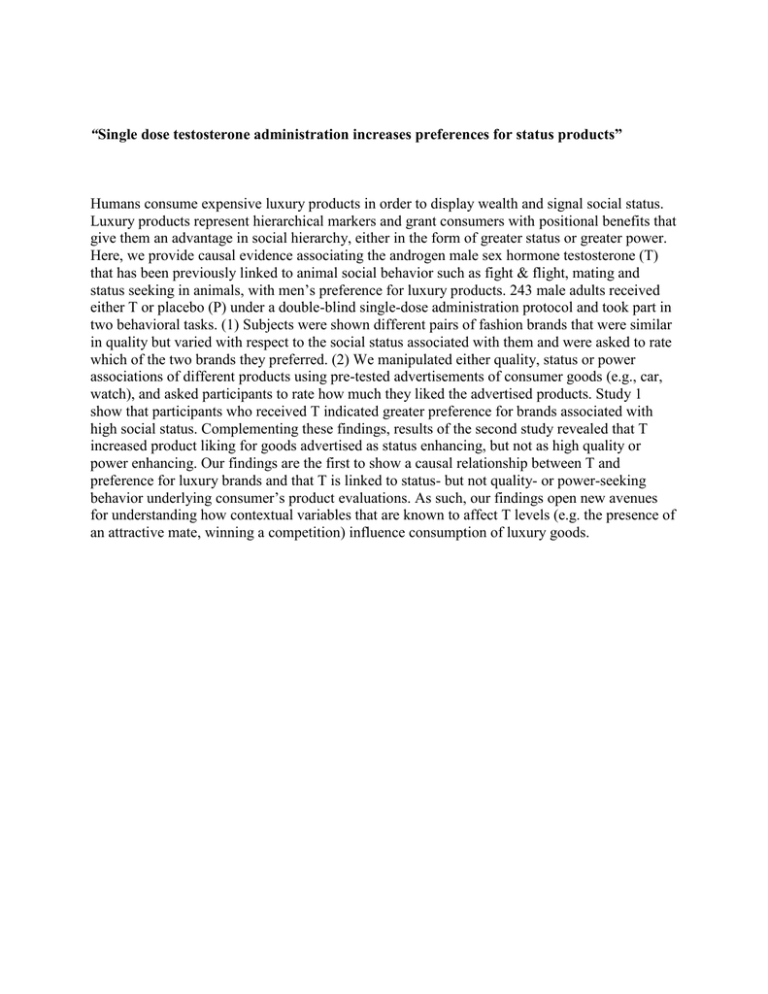
“Single dose testosterone administration increases preferences for status products” Humans consume expensive luxury products in order to display wealth and signal social status. Luxury products represent hierarchical markers and grant consumers with positional benefits that give them an advantage in social hierarchy, either in the form of greater status or greater power. Here, we provide causal evidence associating the androgen male sex hormone testosterone (T) that has been previously linked to animal social behavior such as fight & flight, mating and status seeking in animals, with men’s preference for luxury products. 243 male adults received either T or placebo (P) under a double-blind single-dose administration protocol and took part in two behavioral tasks. (1) Subjects were shown different pairs of fashion brands that were similar in quality but varied with respect to the social status associated with them and were asked to rate which of the two brands they preferred. (2) We manipulated either quality, status or power associations of different products using pre-tested advertisements of consumer goods (e.g., car, watch), and asked participants to rate how much they liked the advertised products. Study 1 show that participants who received T indicated greater preference for brands associated with high social status. Complementing these findings, results of the second study revealed that T increased product liking for goods advertised as status enhancing, but not as high quality or power enhancing. Our findings are the first to show a causal relationship between T and preference for luxury brands and that T is linked to status- but not quality- or power-seeking behavior underlying consumer’s product evaluations. As such, our findings open new avenues for understanding how contextual variables that are known to affect T levels (e.g. the presence of an attractive mate, winning a competition) influence consumption of luxury goods.


